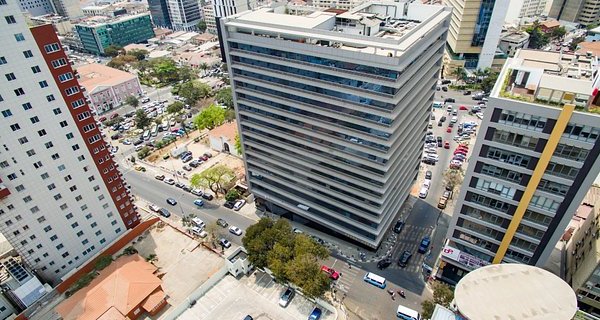“We anticipate growth of 3 percent this year, after 0.7 percent in 2021, and we expect the debt-to-GDP ratio to improve to 52 percent by the end of the year due to higher nominal GDP, a stronger currency. and a large primary budget surplus, but it won't be long before Angola returns to a low growth path", between 0.5 and 1.5 percent between 2023 and 2024, warned Virág Fórizs.
Speaking to Lusa following the elections in Angola, on Wednesday, the analyst who follows the Angolan economy predicted that a second term of João Lourenço will be marked by the continuation of diversification efforts and the privatization program, but warned: "We think that progress will likely remain marginal and the economy will remain dependent on the energy sector; the main point is that the recent strength of this industry will wane and will once again be a 'dead weight' in economic growth".
In addition, he continued, "oil prices are likely to decline in 2023 and 2024 and Angolan oil production will continue to decline, as the reversal of underinvestment in the industry is unlikely, especially as the world moves further away from of fossil fuels, which should also create difficulties in increasing gas production".
For Capital Economics, the persistent problems in the oil sector, as well as the desire to keep the economic environment attractive for investors, "will probably prevent policy makers from opening their purse strings too much, which should lead to only a slight increase in of public expenditure in the coming years".
The poor outlook for the economy in the coming years does not, however, prevent Virág Fórizs from recognizing the country's economic successes in the recent past: "In the economic field, Angola has made substantial progress towards the recovery of macroeconomic stability, particularly when deals with fiscal and monetary policies", stressed the analyst, recalling the economic adjustment program with the International Monetary Fund (IMF) and the exchange rate liberalization, which recovered from the strong losses at the end of the last decade, at around 65 per cent. cent, to finally be in balance against the dollar.
"Assuming that there is no violence [following the elections] and the re-election of João Lourenço, we think that the economy will remain 'in the clouds' due to oil for a few more quarters, but then it returns to a low growth trajectory", concluded the statement. analyst.







